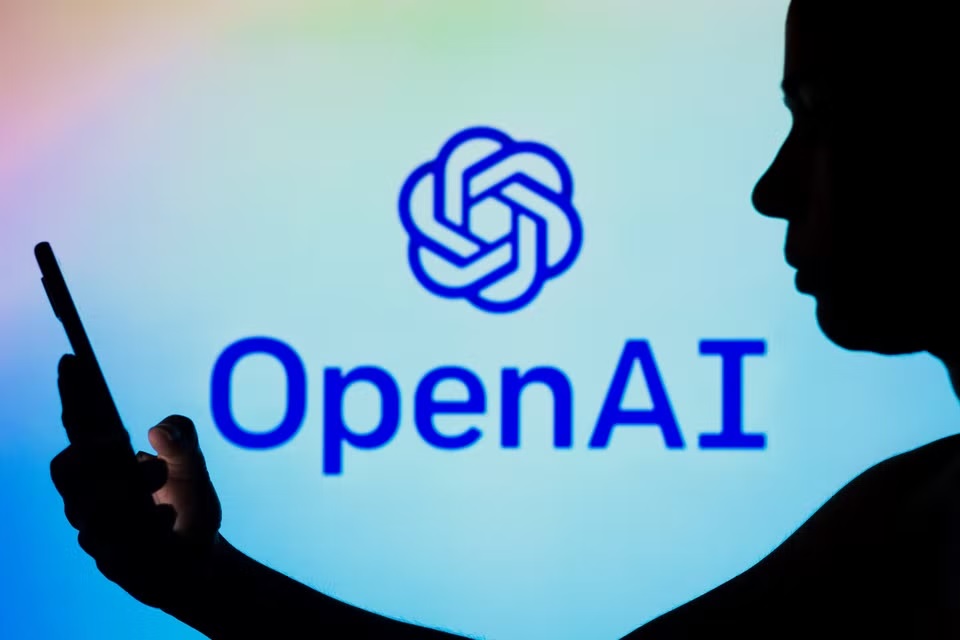The removal and swift return of Sam Altman, CEO of OpenAI, have sent ripples through the tech industry, particularly impacting OpenAI’s key partner, Microsoft. The saga underscores the risks associated with relying on a single company for cutting-edge AI technology.
Altman’s ouster, allegedly due to personal conflicts with co-founder Ilya Sutskever, initially left Microsoft, OpenAI’s primary investor, taken aback. However, within a day, Altman was reinstated, leaving Microsoft and other stakeholders perplexed.
The incident prompted Microsoft CEO Satya Nadella to express openness to absorbing Altman into Microsoft’s ranks. Yet, with Altman’s quick return to OpenAI, the situation highlighted the perils of relying heavily on one entity for technological advancements.
In response, Microsoft has begun diversifying its AI partnerships, recently expanding cooperation with Israeli startup Deci.ai. Founded by Google alumni, Deci.ai specializes in developing systems for training and creating AI models. With $55 million raised and a client base spanning automotive, manufacturing, retail, cybersecurity, healthcare, and finance, Deci.ai’s technology provides Microsoft customers with additional AI options.

Open AI. (Photo: Rafael Henrique / SOPA Images/Si via Reuters Connect)
Microsoft’s move reflects a broader strategy to mitigate reliance on singular entities in the AI space. The tech giant’s Azure AI Studio now hosts Deci.ai’s models, offering alternatives to OpenAI while competing with offerings from other tech giants like Google and Meta, as well as startups like the Mistral from France and AI21 from Israel.
This diversification aligns with Microsoft’s recent collaboration with Mistral, a leading European AI company. By integrating Mistral’s open models into its technology, Microsoft is positioning itself to comply with increasing regulatory scrutiny in the EU while reducing dependency on single providers.
Deci.ai’s rapid rise underscores the evolving landscape of AI development. Founded just four years ago, the company addresses the rising costs of AI processing by leveraging software solutions to accelerate usage and development. Its recent achievement with the DeciLM model, ranking first in Hugging Face’s AI model rankings, highlights its competitive edge.
Dr. Yonatan Geifman, CEO of Deci.ai, emphasizes the company’s cost-efficiency and speed compared to competitors like Mistral and OpenAI. While revenue figures remain undisclosed, Deci.ai boasts a growing clientele across various industries, signalling its commercial viability.
Yet, like OpenAI, Deci.ai faces critical decisions regarding its future trajectory. Balancing between raising substantial funds to scale operations or focusing on commercial growth poses challenges akin to those encountered by larger players like Mistral.
Furthermore, exploring hardware solutions to broaden market accessibility and challenge established players like Nvidia adds complexity to Deci.ai’s strategic roadmap.
In conclusion, Microsoft’s strategic shift in AI partnerships reflects a broader trend towards diversification and resilience in the tech industry. By embracing collaboration with startups like Deci.ai and established players like Mistral, Microsoft positions itself at the forefront of AI innovation while mitigating risks associated with reliance on singular entities.
Main article photo: Gérard Julien/AFP/Getty Images





0 Comments